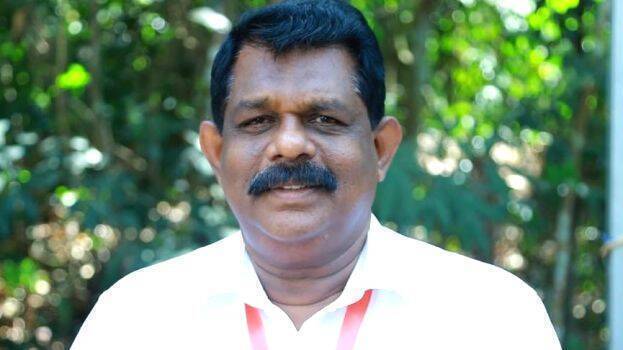

NEW DELHI: The Supreme Court stayed the re-investigation conducted by the Thiruvananthapuram Chief Judicial Magistrate Court in the evidence tampering case against Minister Antony Raju. The Supreme Court stayed the follow-up action on the high court's order directing a re-investigation. A bench led by Justice C T Ravikumar issued the stay order.
The Supreme Court issued a notice to the opposing parties including the state government in the plea filed by Antony Raju against the high court order directing a re-investigation. The Supreme Court also issued notice to the plea filed by Ajayan against the quashing of the charge sheet against Antony Raju. The Supreme Court has directed to reply to the notices within six weeks.
The high court had earlier quashed the charge sheet against Antony Raju. The FIR has pointed out the technical reasons for filing the case. Although the FIR was quashed citing technical reasons, the high court ordered that the court can follow the procedures and take further action. Based on this, Thiruvananthapuram CJM initiated re-investigation following the directions of the high court registrar.
Appearing in the Supreme Court for Antony Raju, senior advocate R Basanth and advocate Deepak Prakash argued that the investigation is being conducted in a case where there was no allegation in the vigilance report or the FIR. The re- investigation is going on in the case that happened 33 years ago. This is the third time the investigation is being conducted. Antony Raju's lawyers argued that the name was included in the chargesheet for political reasons.
Antony Raju's lawyers argued that Ajayan’s plea should not be accepted on file. It was argued that in a criminal case, the court cannot hear the argument of anyone other than the state government or the complainant. However, the court prima facie did not accept this argument.
The case originated from a narcotics case of 1994 in which Antony Raju had represented the accused as a lawyer. An Australian citizen who was the accused in the narcotics case was convicted by a sessions court but was acquitted by the high court upon finding that the material evidence, an underwear, was not suitable in size to the accused. A case was registered against Antony Raju, who was the lawyer for the accused, and a staff of the lower court alleging conspiracy and tampering with material evidence.